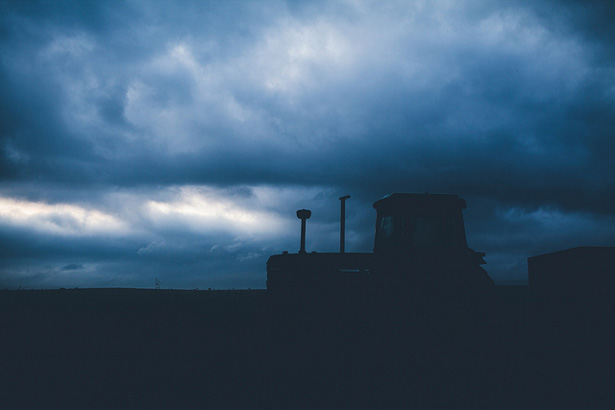-
Babbage, The Economist
Cloudy With a Chance of War?
August 8, 2013 By Wilson Center Staff
The original version of this article appeared on The Economist’s Babbage blog.
Earth’s climate is changing, whether you like it or not. As it does, other changes – like rising sea levels or falling crop yields – follow. It is easy to see how this might lead to conflict. Competition for ever scarcer resources such as arable land and its bounty can turn ugly. As the price of food rises the poor, who spend more of their income on it, are hit more than the rich, exacerbating income inequality and leading to disaffection, resentment and, possibly, violence.
Whether any of this actually happens, though, has remained moot. Now Solomon Hsiang, of the University of California at Berkeley and his colleagues come to the perturbing conclusion that it does. As they report in Science, climate change does indeed stoke strife, from cross-border wars to homicide.
Hsiang, then at Princeton University, could not perform the gold-standard of scientific research, a controlled experiment, for this would require altering the climate for one random sample of a population but not another, while keeping all other aspects of the samples’ environment constant. So he and his team did the next best thing: they compared the same population to itself, at different times throughout history when most other things (social structure, geography, economy, and politics) were roughly the same, but climate and prevalence of conflict weren’t.
Continue reading on The Economist.
Sources: Science.
Photo Credit: “NUAC Farm, Northern Uganda,” courtesy of USAID.
 A Publication of the Stimson Center.
A Publication of the Stimson Center.



